When it comes to reliable and durable foundation solutions, screw piles stand out as a popular choice. Their versatility and efficiency make them ideal for various applications, from residential to industrial projects. But one common question that arises is, “How long do screw piles last?” In this blog, we’ll delve into the lifespan of screw piles, exploring factors that affect their longevity and addressing common concerns.
Helical Pile Lifespan
Helical piles, a type of screw pile, are designed to provide long-term support for structures. On average, helical piles can last for several decades, often exceeding 75 years when properly installed and maintained. The lifespan of helical piles depends on several factors, including soil conditions, installation quality, and environmental exposure.
Their longevity is due to the robust materials used and the engineering behind them. High-quality steel and protective coatings ensure that helical piles can withstand various environmental stresses without significant degradation.
Screw Pile Foundation Durability
The durability of a screw pile foundation is a critical aspect of its performance. Screw piles are made from high-quality steel, which is coated with protective layers to resist corrosion and wear. This ensures that they remain sturdy and reliable over time. Properly installed screw piles can withstand extreme weather conditions, seismic activity, and soil movements, making them a durable foundation solution.
Moreover, the design of screw piles allows for an even distribution of loads, reducing the stress on any single point and contributing to the overall durability of the foundation. Regular maintenance and inspections further enhance their lifespan by addressing potential issues before they become significant problems.
Factors Affecting Screw Pile Life
Several factors can influence the lifespan of screw piles:
- Soil Conditions: The type of soil in which screw piles are installed plays a significant role in their longevity. For instance, sandy soils may cause less abrasion and corrosion compared to clay soils.
- Environmental Exposure: Screw piles exposed to harsh environmental conditions, such as coastal areas with high salt content, may experience faster corrosion. Protective coatings and regular maintenance can mitigate this.
- Installation Quality: Proper installation is crucial for the longevity of screw piles. Ensuring correct depth, alignment, and torque application can enhance their performance and lifespan.
- Material Quality: The quality of the steel used and the effectiveness of the protective coatings are vital for preventing rust and degradation.
How Long Do Screw Piles Last in Sand?
Screw piles installed in sandy soils can also enjoy a long lifespan. Sand provides good drainage, reducing the risk of corrosion. However, sandy soils may be more prone to shifting, so proper installation depth and technique are crucial to ensure stability and longevity.
The good drainage properties of sand mean that moisture is less likely to accumulate around the screw piles, reducing the risk of rust and corrosion. However, because sand can shift more easily than clay, ensuring that the screw piles are installed at the correct depth and with the proper alignment is essential for long-term stability.
Do Screw Piles Rust?
Rust is a common concern for any metal structure. Screw piles are typically coated with protective layers, such as galvanization, to prevent rusting. Regular inspections and maintenance can help identify and address any signs of corrosion early on, ensuring the longevity of the piles.
The protective coatings used on screw piles, such as hot-dip galvanization, are designed to create a barrier between the steel and the environment, preventing moisture and oxygen from reaching the metal and causing rust. Over time, these coatings can wear down, so periodic inspections and maintenance are necessary to reapply coatings and address any potential issues.
Advantages of Screw Piles
Screw piles offer several advantages, making them a preferred choice for many construction projects:
- Quick Installation: Screw piles can be installed quickly and efficiently, reducing construction time.
- Versatility: They are suitable for various soil types and applications, from residential homes to commercial buildings.
- Minimal Disturbance: The installation process causes minimal disturbance to the surrounding environment.
- Immediate Load-Bearing: Screw piles can bear loads immediately after installation, speeding up construction timelines.
Additionally, screw piles are environmentally friendly, as their installation produces less soil displacement and vibration compared to traditional methods. This makes them an ideal choice for projects in sensitive areas or where minimizing environmental impact is a priority.
Disadvantages of Screw Piles
Despite their many advantages, screw piles have some disadvantages:
- Initial Cost: The upfront cost of screw piles can be higher compared to traditional foundations.
- Corrosion Risk: Without proper protective coatings and maintenance, screw piles can be susceptible to rust.
- Limited Depth: In some cases, screw piles may not reach the required depth for extremely heavy structures.
The initial cost of screw piles can be offset by the long-term benefits they provide, such as reduced maintenance costs and longer lifespan. However, it is essential to consider the specific requirements of your project and consult with experts to determine the best foundation solution.
Conclusion:
Screw piles are a robust and reliable foundation solution with a long lifespan, often exceeding 75 years. Their durability is influenced by soil conditions, environmental exposure, installation quality, and material integrity. By understanding the factors affecting screw pile life and addressing common concerns like rust and cost, you can make an informed decision for your next construction project. Whether you’re building on clay or sand, screw piles offer a versatile and efficient foundation option that stands the test of time.
When considering a reliable and long-lasting foundation solution, screw piles stand out for their durability and versatility. With Rajog Ground Screw, a leading manufacturer of screw piles, you can trust in their expertise and quality products for your construction needs.
FAQ’S
Screw piles, especially helical piles, can last for several decades, often exceeding 75 years with proper installation and maintenance.
While screw piles are typically coated with protective layers to prevent rust, regular inspections and maintenance are necessary to address any signs of corrosion.
In clay soils, screw piles generally have a long lifespan due to the stable support provided by the dense soil. In sandy soils, the good drainage reduces the risk of corrosion, but proper installation depth and technique are crucial for longevity.
Soil conditions, environmental exposure, installation quality, and material quality are key factors that can influence the lifespan of screw piles.
Screw piles offer advantages such as quick installation, versatility in different soil types, minimal disturbance during installation, and immediate load-bearing capacity.

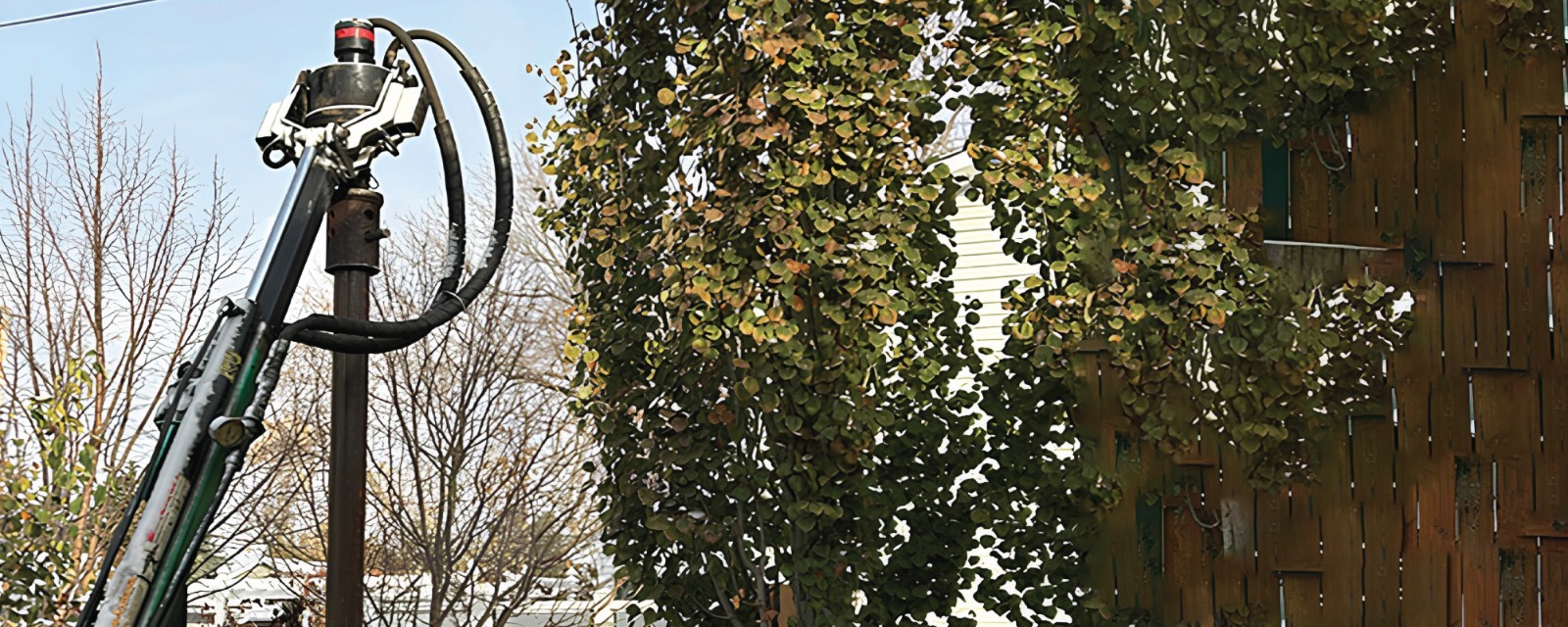
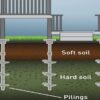
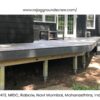
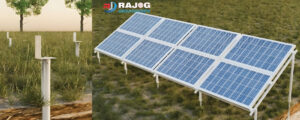
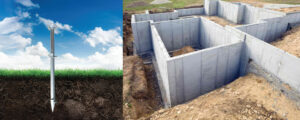
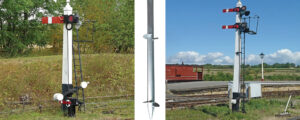
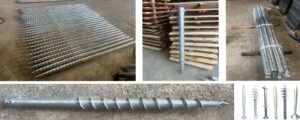
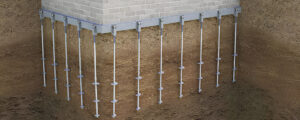
Leave a reply